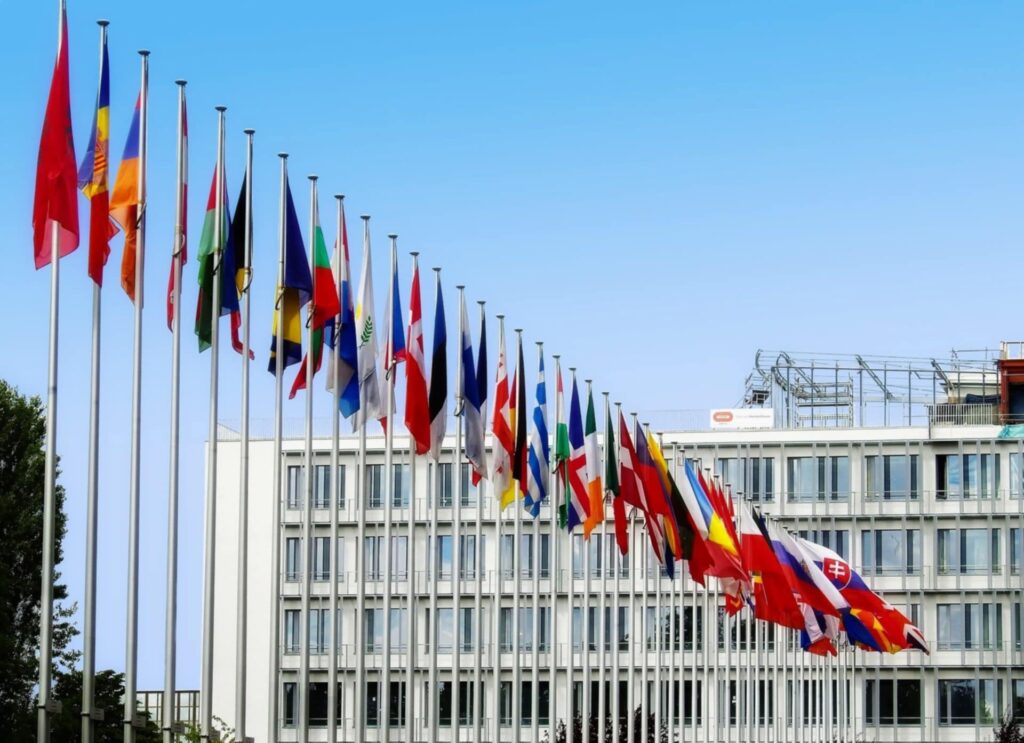Reuters : Most European ports are lagging in installing the shore-side electrical infrastructure needed for ships to switch from highly polluting marine fuel to cleaner electricity while docked, a new study showed .
European Union environmental rules have set a 2030 deadline for maritime ports to install the infrastructure to provide what is known as onshore power supply (OPS).
Findings show that just one in five of the required power supply connections have been installed or contracted so far, with slow uptake across most ports. Of the ports analyzed, only four have installed or contracted more than half of the connections needed ahead of the 2030 deadline
Of 31 ports surveyed, only four have completed or arranged more than half of the onshore power supply (OPS) hookups.
Residents living near ports hope the plug-in infrastructure can take some of the pain out of sharing their cities with cruise ships, which often leave their engines running in ports to power onboard amenities including lighting and air conditioning.
Pollution from marine fuels includes sulphur dioxide, nitrogen oxides and harmful particulate matter as well as carbon emissions.

This infrastructure enables docked ships to shut down onboard fossil‑fuel generators, reducing air pollutants such as sulphur oxides, nitrogen oxides and fine particles.
Cruise and passenger vessels have progressed more, with 38 % of the required connections installed or contracted, compared with just 11 % for container ships.
T&E recommends accelerating shore‑power deployment, prioritizing cruise terminals by 2028, and integrating OPS funding into EU mechanisms such as RED III and the forthcoming Multiannual Financial Framework.
Dedicated financing under AFIF and expansion of OPS regulations to include a wider range of vessel types are also urged.
About : Transport & Environment (T&E)
Transport & Environment (T&E) is a Brussels‑based NGO focused on promoting sustainable transport policies across Europe. It commissions studies and advocates for decarbonisation in the EU transport sector, including maritime emissions reduction.
Related : Europe’s ports: Ready for the market uptake of new shipping fuels




